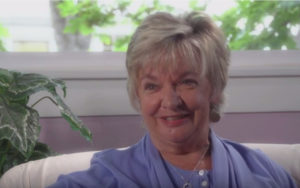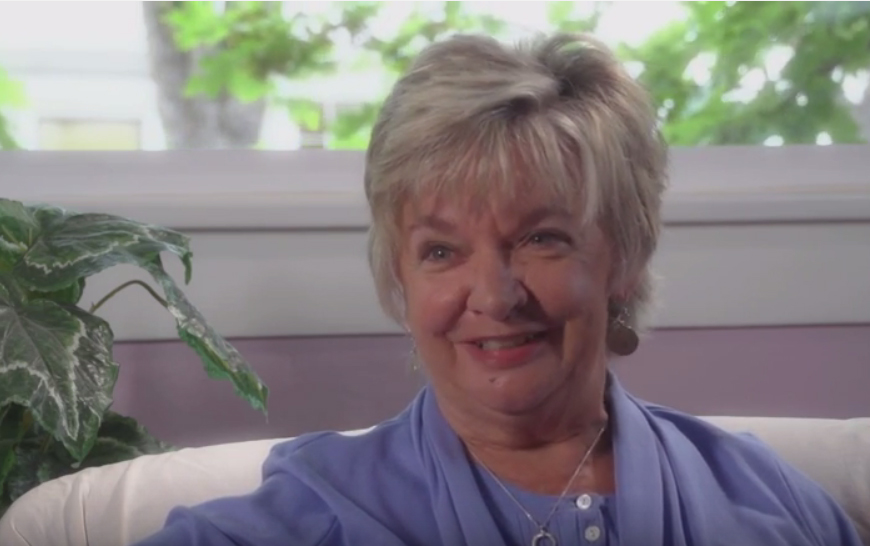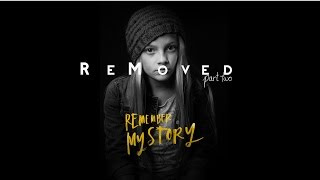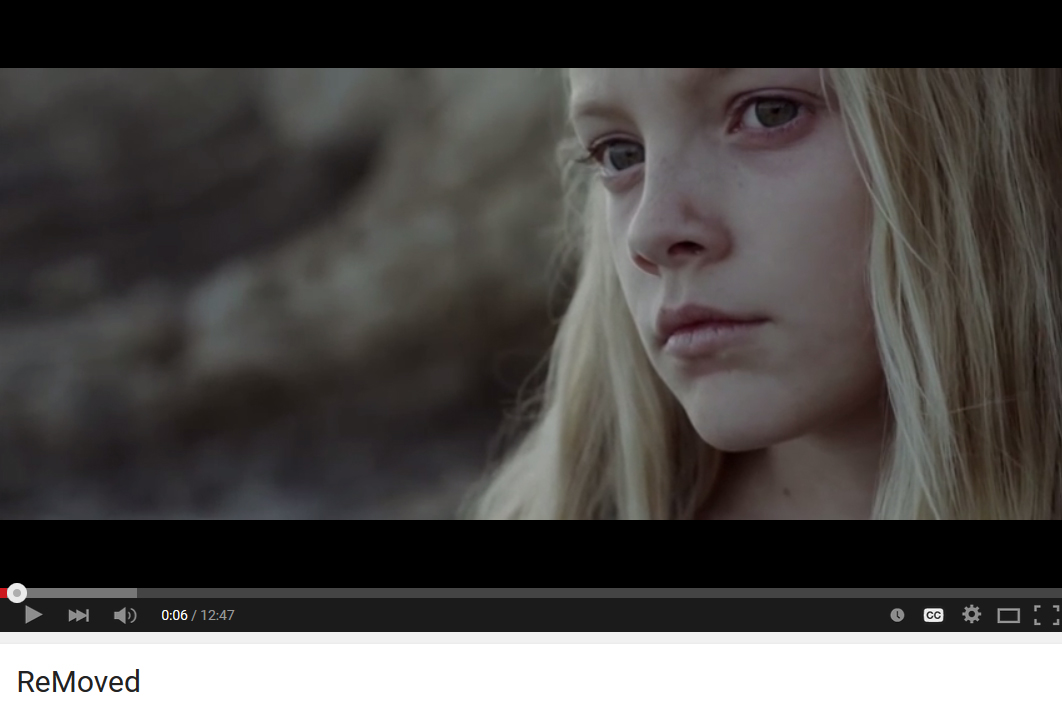By Tammi Pitzen, Executive Director of the Children’s Advocacy Center of Jackson County
Last week I had the opportunity to participate in Legislative Days for the Oregon Network of Child Abuse Intervention Centers (The State Network for agencies like the Children Advocacy Center of Jackson County). Last week was one of those weeks that took me to Portland and to Salem for meetings.
The meetings are always important and always focused on serving abused children, in the best way possible, and on the needs of the multi-disciplinary teams across the state of Oregon.
I have a love-hate relationship with these meetings. I love the people at these meetings. They are “Hidden Heroes”. They work behind the scenes in many cases to make sure that abused children get the very best services in the most trauma informed way possible. I am so incredibly lucky to hear the innovative ideas, to be part of the decision making process for the Network and really just to “know” these people. I hate the drive and the time out of our center.
Last week was special. Last week we were meeting with our Representatives and Senators to talk about what we do for abuse victims and how crucial those services are for healing and recovery. In fact in many cases we are saving the lives of our most vulnerable citizens. We presented a bill that is focused on sustaining the service across the state and to really make sure that evidence based services are available for every abused child in the state of Oregon, regardless of your zip code.
But that wasn’t what made the week special.
While waiting for our hearing, I sat alongside my fellow Executive Directors and heard testimony by two young people who represented a group that is made up of young people currently or previously placed in foster care in Oregon. Their group was presenting their fourth bill. The other three were passed and I suspect this one will as well.
The Oregon Foster Youth Connection is the name of the group and their bill is the Sibling Bill of Rights. For those of you interested, the bill is HB2216.
As I sat and listened to these young people talking about how siblings are their lifeline and how easily that life line is broken, I remember my own days of breaking these lines.
They talked about not being accepted by their foster family because of being transgender. They talked about how they were unable to stay in contact with their siblings. They testified about being in the care-taking role of their siblings…teaching them to do their hair and paint their nails, and then being cut out of their life and the struggle of trying to reconnect.
I have to be honest that I missed some of the testimony. I was propelled back to a different time and a different set of siblings.
I remembered a summer day when I sat on the dirty floor at the Children’s Home in New Orleans, Louisiana in my dry clean only dress, holding a small eight year old girl, a ten year old girl and 12 year old girl in a bear hug as the staff watched. The floor was not my choice but was where we landed as the girls collapsed. I had just told the eight year old, who was in the residential treatment center, what her sisters already knew. Her parents were no longer her parents. The courts had terminated their rights for failure to do anything to better their situation. They did not even show up on this day for their “goodbye” visit.
I can hear the primal wail of her mourning.
Mourning the loss of her parents. Mourning the loss of her siblings as she kept saying over and over again, “It will never be the same”. And she was right. I did my best to do what I could for those girls but without the support of the system it certainly was never good enough. Their case was transferred on to a different foster care worker who I also know did her best. I don’t think the girls were ever adopted. They certainly were never placed together in a home again as each required more care than they could receive from a single set of parents. I remember their visitation as being every other month because of the long distance…a five hour drive one way…between their placements.
If I am still enough and quiet enough I can hear that cry. It is what keeps me grounded in the reality of what this work I choose is all about. If I am still enough, I can feel those little fingers clinging to my dress as it was time to leave that day. Those little fingers remind me there are people behind those case numbers and case decisions.
And if I am still enough and honest enough, I remember that event helped me to decide that I had spent enough time as a foster care worker in rural Louisiana where there were not enough resources, not enough foster homes and where the children could not articulate the damage I felt I was complicit in doing to their childhood. It was time to be transferred back to investigations.
In that committee hearing, I was almost overwhelmed with the pride for these two young people who I did not know.
I felt hopeful for the future of the foster children who will be placed long after these two young people become adults and move on in their life. I know that the solutions lay in their hands and in their hearts. They will change the landscape of the system. They already are. I left that hearing with a smile as I recognized that they are powerful. Their situations had not left them paralyzed.
They will use that passion and do great things on behalf of children everywhere. They already are.



